Hercules: Finding Your Place

Art: © Jessica Keiko Mitsumasu
Where I'm meant to be
Where do I belong? It's a deceptively simple question. In Western culture, we belong where we choose. As heirs of Rousseau's emancipatory notions of the good life, we place a premium on individual autonomy. Rather than turn to our past to consider our traditions, we look ahead to a reality that we can forge for ourselves. Belonging is not so much finding my place but creating it—or so we think. But is it true?
This is the central question in Hercules’ life. Abducted from his home on Mount Olympus as a baby, he grows up as a mortal adopted by a local couple. But he simply does not fit in with the community. His strength is unparalleled, and it leads to painful rejection by his peers. They call him a freak. Certainly, this is not where he belongs.
Social isolation is what spurs the existential questions. We can relate in our moments of loneliness and rejection. I remember a few years ago being in Spain at a social gathering with some Parisians when I inadvertently overheard someone telling my conversation partner, "Arrêtez de parler avec les Chinois." Stop talking with the Chinese. Mutual spaces are hard to find in a globalized world. I'm not even Chinese. But the rejection and displacement spur the question—where do I belong?
I’ve encountered too many drifters in our global cities, where social isolation is pervasive. Recently, I spoke with a colleague who found himself in a religious institution he had long ago forsaken, only because he sought the vague familiarity of community. Many have left families to make it in the big city, only to be welcomed by abandoned alleyways and flickering city lamps. We set out to find where we belong, but chasing promotions and the iconic urban lifestyle leave us unmoored—us and the nameless others we pass on the street.
Over a half-century ago, Simone Weil diagnosed the malaise as a lack of enracinement, a rootlessness to our being that comes when we forge ahead solo to create our own realities. Such was the exhortation of Weil’s existential contemporaries. She saw the inadequacies. Her world is ours.
We know this longing to belong. It's Hercules’ desire. In the movie's iconic song "Go the Distance" Hercules sings, "I would go most anywhere to find where I belong."
This desire is basic. When wailing toddlers waddle over to their parents after a minor fall, they want the comfort of the attachment that defines being home. When overseas exchange students feel that vague melancholy after the thrill of novelty has worn off, they long for familiar faces, language, even food. Our hearts are restless to belong.
But importantly, this desire can go entirely askew. It's what drives young men to join radical terrorist groups. It's also what forms cliques in high school that shun outsiders. The desire to belong is like hunger. And when you’re famished, you’ll eat anything.
We get a hint where Hercules will go. In one of the opening scenes on Mount Olympus, we see Hercules in this haven for gods in the midst of a party. Yet it is not simply the atmosphere that makes the home. It is Zeus' words, a voice that carries a fatherly affection so many of us crave. "My boy, my little Hercules." I can't help but wonder how much our desire to belong is a marker of absent fathers, whether physically or emotionally. How many young men end up in gangs to find role models? But Hercules has such a father. This place, it seems, is where Hercules belongs.
Yet as a commentary on parenthood and home, the story presses us beyond unavailable fathers. The longing for belonging persists despite his caring, adoptive parents. This is not the case of a fatherless vagabond, and perhaps this is partly the point. We may have wonderful parents, but we still long for something else that enables us to belong. It's like our parents are a foretaste of another love that makes a home.
So Hercules sets out on the journey, first to the Temple of Zeus and then toward being a true hero so he can be reunited with his family. The belonging he seeks is not one of fabrication, where he must define himself by his work. Rather, he must fit into a space that has already been made. This mindset is more akin to genuine ancient Greek philosophy than contemporary Disney romanticism. But, as we shall see, Disney is still Disney, and Disney romanticism will triumph in the end.
There is, nonetheless, something about Hercules' journey that makes me uncomfortable. He wants to find a home, but the only way he can get there is through heroism. Imagine that. Home is there, but you can only go there if you achieve enough. In many ways, this runs counter to what home is supposed to be. Home is where we can go when we are broken, need comfort, and hear the voice of one who says, no matter what our failure, "My boy." The necessity of performance points to the inadequacy of the home that Hercules seeks. He was not safe from abduction those many years ago. More importantly, the gates cannot open without heroism. The onus is on Hercules. Is Mount Olympus really the place he seeks?
The plot becomes increasingly layered as Hercules begins to vanquish all his foes. Despite my reservations of heroism as a condition to accessing home, there is something true about the standard of heroism presented in the movie. Like his Disney predecessor Aladdin, Hercules misperceives what the good life, or being a hero, entails. He becomes rich, famous, and repeatedly beats up the bad guys. But that's not enough. Heroism, as Zeus reminds him, requires a deep look at the heart, not the wallet or work portfolio. This is precisely when Hercules becomes discouraged. He has it all, and yet he has nothing. Entangled in his agent's latest labyrinth of meetings, media appearances, and now posing in Scar's fur coat, Hercules has a moment of clarity. "What's the point?"
Sometimes, discouragement is an obstacle to overcome. But sometimes, despair is telling us that we are headed in the wrong direction.
Longing for Love
Then there’s Megara. A new question arises. What if belonging is not about a place, not even about a family, but about romantic love? When Hercules is with Meg, he doesn't feel alone, and the desire seems to be met. In many ways, this is dangerous. Just as a young man can join a gang, so a young man can be smitten and be led astray. His loneliness makes him prone to find things to fill that absence. Hercules refuses to listen to his mentor's words that Meg is a fraud. In the end, it costs him his power and almost his life. Will our poor protagonist never belong?
Fortunately, Meg is not pure fraud. She dies saving his life because she is in love with him. With her death, the occasion for Hercules' heroism arrives. Making a deal with the god of the underworld, Hercules dives into the river of death to rescue her soul at risk of his own demise. Finally, he emerges not simply a hero but restored to godhood. He is brought back to the gates of Olympus, a hero whose measure is not the size of his strength but the strength of his heart. "Now at last, my son, you can come home."
This is what Hercules has been waiting for—or so we think. His destiny, the place made for him, is not actually where he belongs. As he tells his parents, an immortal life without his romantic love, Meg, would be empty. And so it is that Disney romance triumphs once more. The ancient Greek Cosmos, the place where we must conform to the grand scheme of the world, is overcome by the deep romanticism of creating our own path through our choices. He leaves home for love.
But what if you could have both?
In Hercules, Disney has identified a desire that we achingly understand. Whether we have emigrated and simply don't fit with our local crowd or we are loved in warm communities, we still have a longing for something more. Disney's prescription is romantic love. If you have this, you will be satisfied. It's a solution that works theoretically for Western hearts captured by the rhetoric of individual fulfillment and the existential prerogative to follow your heart. But certainly, we have lost something.
I'm not speaking of familial ties through which we understand our identities. The solution to expressive individualism is not stoic collectivism. Being reactionary is no better. But the movie still leaves me dissatisfied, lamenting that belonging can only be found through heroism and that we must choose between love and home. There is something good about a status given and not earned. The make it yourself solution has simply not worked. Despite the onslaught of romantic happy endings, which conveniently occur at the beginning of a relationship (see Ariel, Belle, and countless others), broken marriages and even my own happy one have me wondering about more.
Love and home together
There is one place where I have seen the union between a destined home and a radical love. It's in an ancient story most clearly told by a travelling rabbi two thousand years ago. It's the story of a heavenly father, one that has prepared a home for his children—the place where we are meant to be. And this deity, like Meg, dies for his love, to save and reassure them that his love is genuine and holds true. Home is a paradise where the one we love resides. No dichotomous choice is to be made. Perhaps most radical of all, this father does this despite our rejection of his outstretched hands, bridging a relational chasm that we created but could never repair ourselves. Unlike Hercules, we don't have to earn our way home. He paves the way.
Not everybody believes this story. But there’s something there that one could certainly wish it were true. Our desire to belong intimates a place beyond the four walls of our universe, otherworldly and where we can never be stolen away. Ironically, it is Disney that helps me to see this. We have grown skeptical in our culture of happy endings. We say that such desires are hopeful fancies of untried youth. Our pessimism is a response to the failure of our romantic individualism.
But I don't think Disney gets it entirely wrong. Something about happy endings rings true, and Disney persists in this pattern. Maybe hopefulness explains why I'm a pediatrician. The stories we tell as children may be truer than the stories we tell as adults. Fully grown, we tell ourselves we see clearly, but in reality, we have become adept at rationalizing our disappointments. Children perceive something we cannot because they have not yet found the faulty cultural prescriptions wanting, and so become cynics like us. Even if its remedies fail, Disney reminds me that the final festivities, the laughter and the cheer reveal something true.
More than many others, Hercules is a movie that questions our deepest longings. Like him, I intuit that there is a place “where I'm meant to be.” Globally adrift and progressively bleak, we feel we are not at home. But Hercules is a tonic that will bring new life to our heavy hearts. Despite my reservations, the movie certainly postures me to wonder deeply about my place in this world. I only hope that with him, we too can find where we belong.
More Disney Reflections in Common Culture
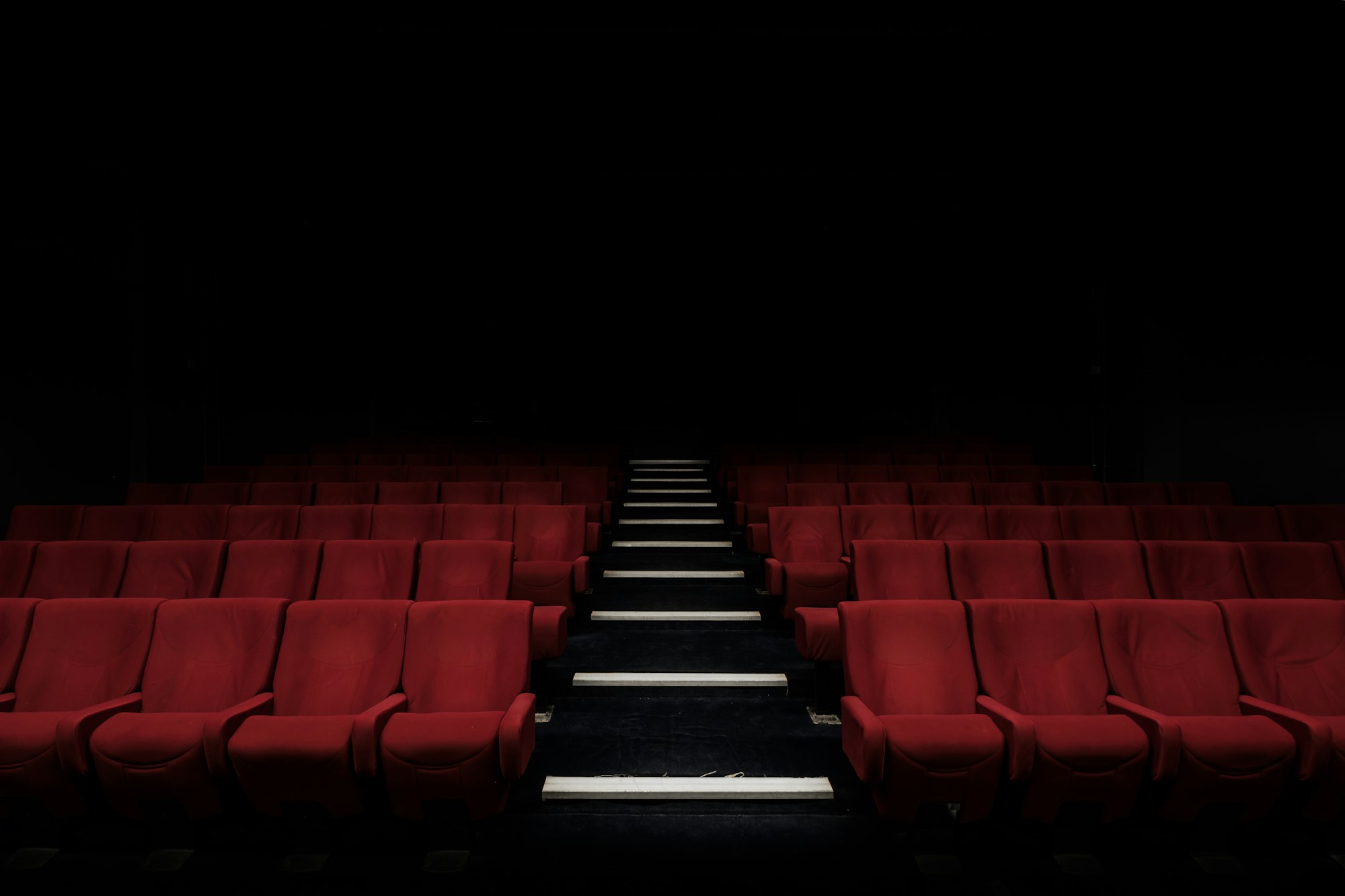

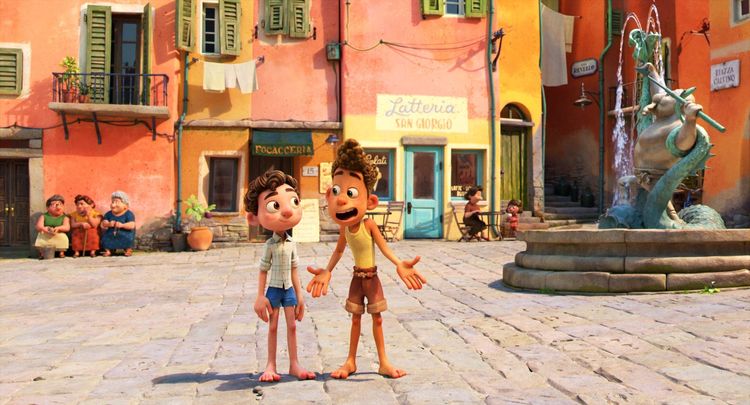
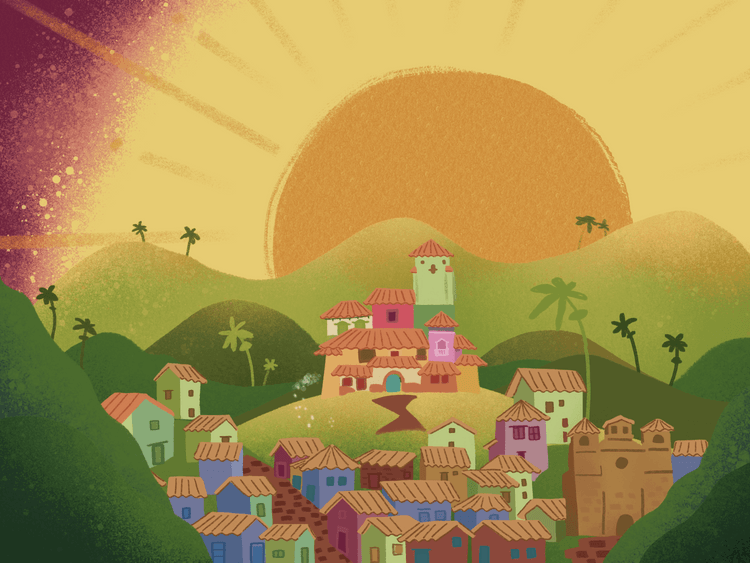
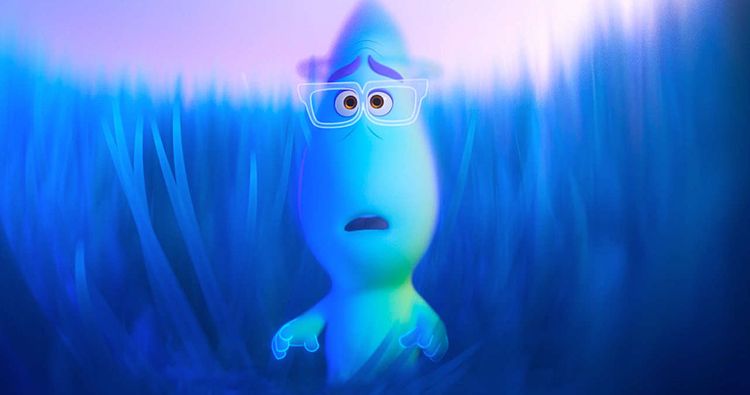
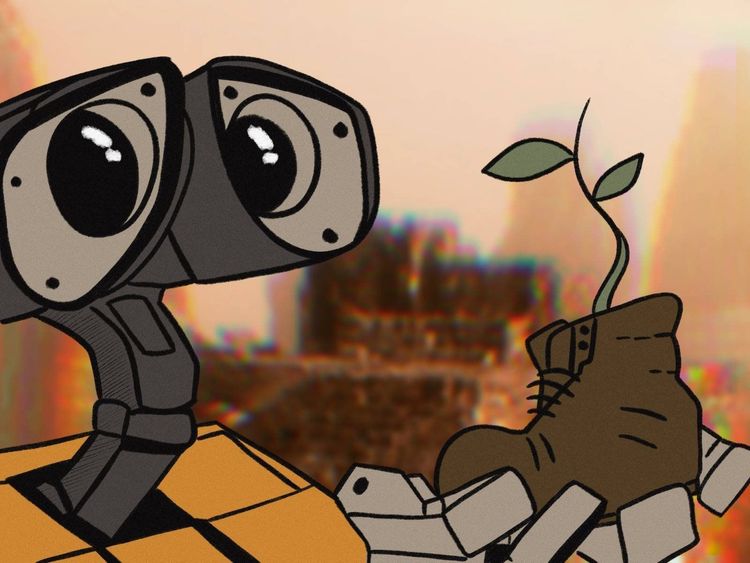
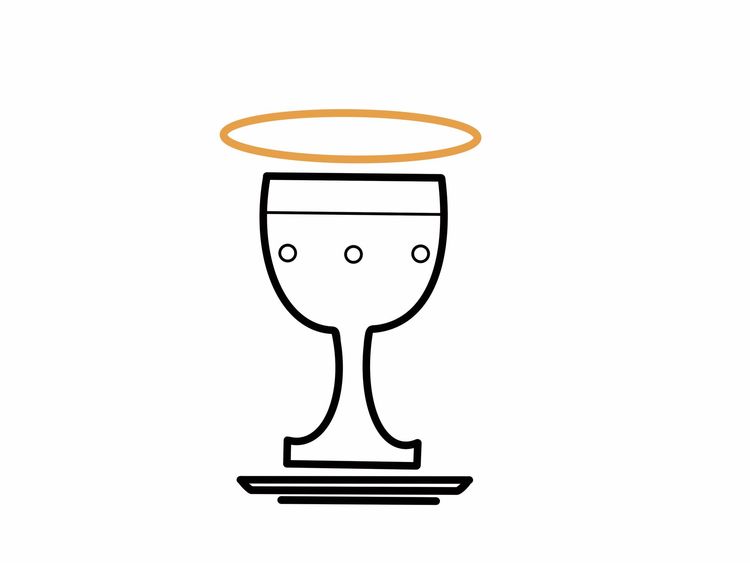
Member discussion